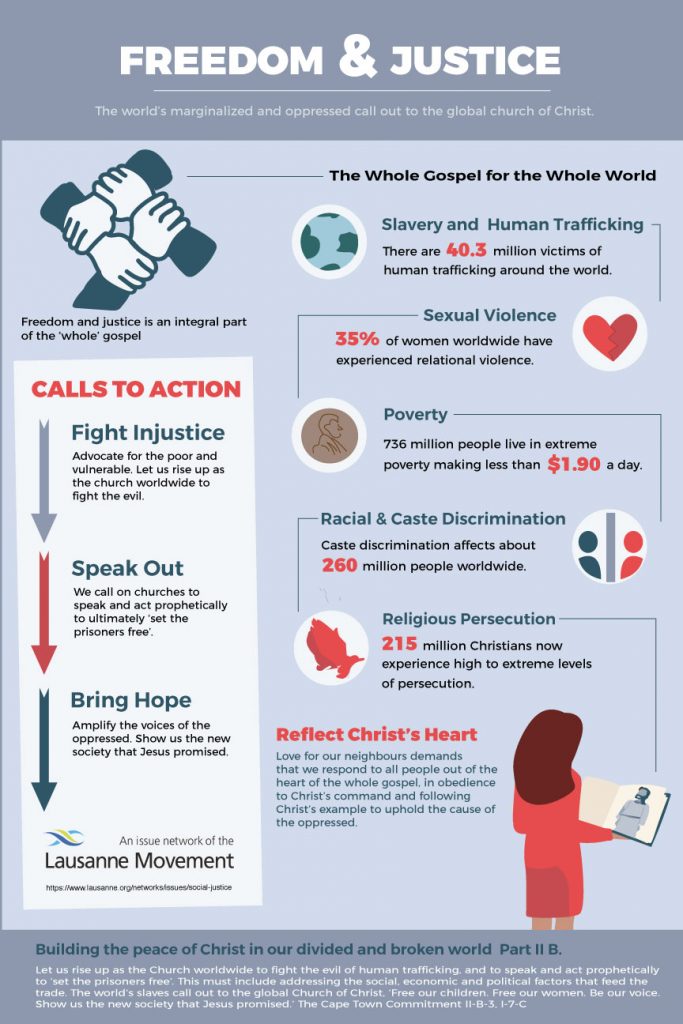Uncover The Fascinating Background Of Catholic Schools And Their Deep Result On Education And Learning-- Could Their Customs Give Insights For Future Understanding?
Uncover The Fascinating Background Of Catholic Schools And Their Deep Result On Education And Learning-- Could Their Customs Give Insights For Future Understanding?
Blog Article
Writer-Rytter Cleveland
When you think about the history of education, Catholic colleges stand apart for their deep-rooted customs and long lasting influence. These institutions started as a way to instill faith and values, but they've adapted extremely over centuries. Today, they play an important function in shaping not just academic success yet also moral integrity. What's fascinating is how they've managed to thrive among changing cultural landscapes, raising questions about their future relevance and impact.
The Beginnings of Catholic Education: A Historic Viewpoint
Catholic education traces its roots back over 1,500 years, when very early Christian communities identified the need for organized understanding. You'll locate that these neighborhoods intended to pass on their faith and values through education.
source website and cathedral schools came to be centers of discovering, nurturing both spiritual and intellectual growth. As you delve much deeper, you'll see that the educational program usually included approach, theology, and the liberal arts, made to form versatile people.
In time, the Church established more formal establishments, making certain that education remained easily accessible to all. The dedication to teaching ethical worths and fostering a sense of neighborhood has persisted with the centuries, shaping the instructional landscape and affecting plenty of lives worldwide.
This enduring heritage continues to inspire Catholic education and learning today.
The Development of Catholic Colleges With Cultural Contexts
As cultures progressed, so did the role of Catholic schools, adapting to the cultural contexts in which they existed. In the early years, these organizations focused largely on spiritual direction, however as areas diversified, they began to include neighborhood languages, custom-mades, and educational requirements.
You 'd observe that Catholic colleges usually came to be centers for social communication, cultivating a sense of belonging among pupils from numerous histories. In several areas, they dealt with societal concerns, such as hardship and discrimination, by providing available education for all.
As you explore different societies, you'll see exactly how Catholic institutions have actually changed their educational program and mentor techniques, showing the values and obstacles of their environments while holding to their foundational mission of belief and academic quality.
The Modern Role and Impact of Catholic Schools in Society
In today's world, Catholic institutions play a vital role fit not just the academic landscape, but also the wider neighborhood.
https://stella-sang90kiley.technetbloggers.de/numerous-marvel-exactly-how-catholic-education-promotes-all-natural-growth-but-real-effect-on-students-lives-expands-much-past-academic-success 'll discover that these organizations highlight values like respect, concern, and social justice, cultivating well-rounded individuals that contribute positively to culture. By concentrating on scholastic excellence and ethical advancement, Catholic colleges prepare students for future challenges, nurturing crucial reasoning and leadership abilities.
They often serve varied populaces, bridging spaces in accessibility to top quality education and learning. Furthermore, you may observe their commitment to service, motivating trainees to engage in community outreach and volunteer job.
This mix of education and learning and moral guidance makes Catholic schools a considerable force, cultivating liable residents who can affect their neighborhoods for the better.
Final thought
Finally, Catholic schools have a rich background that's formed their long-lasting impact on culture. You have actually seen exactly how they've adjusted to various cultural contexts while preserving a commitment to confidence, values, and scholastic excellence. Today, they remain to play a vital duty in fostering area, advertising social justice, and nurturing liable citizens. As you assess their heritage, it's clear that Catholic institutions stay an effective pressure for favorable change in the world.
